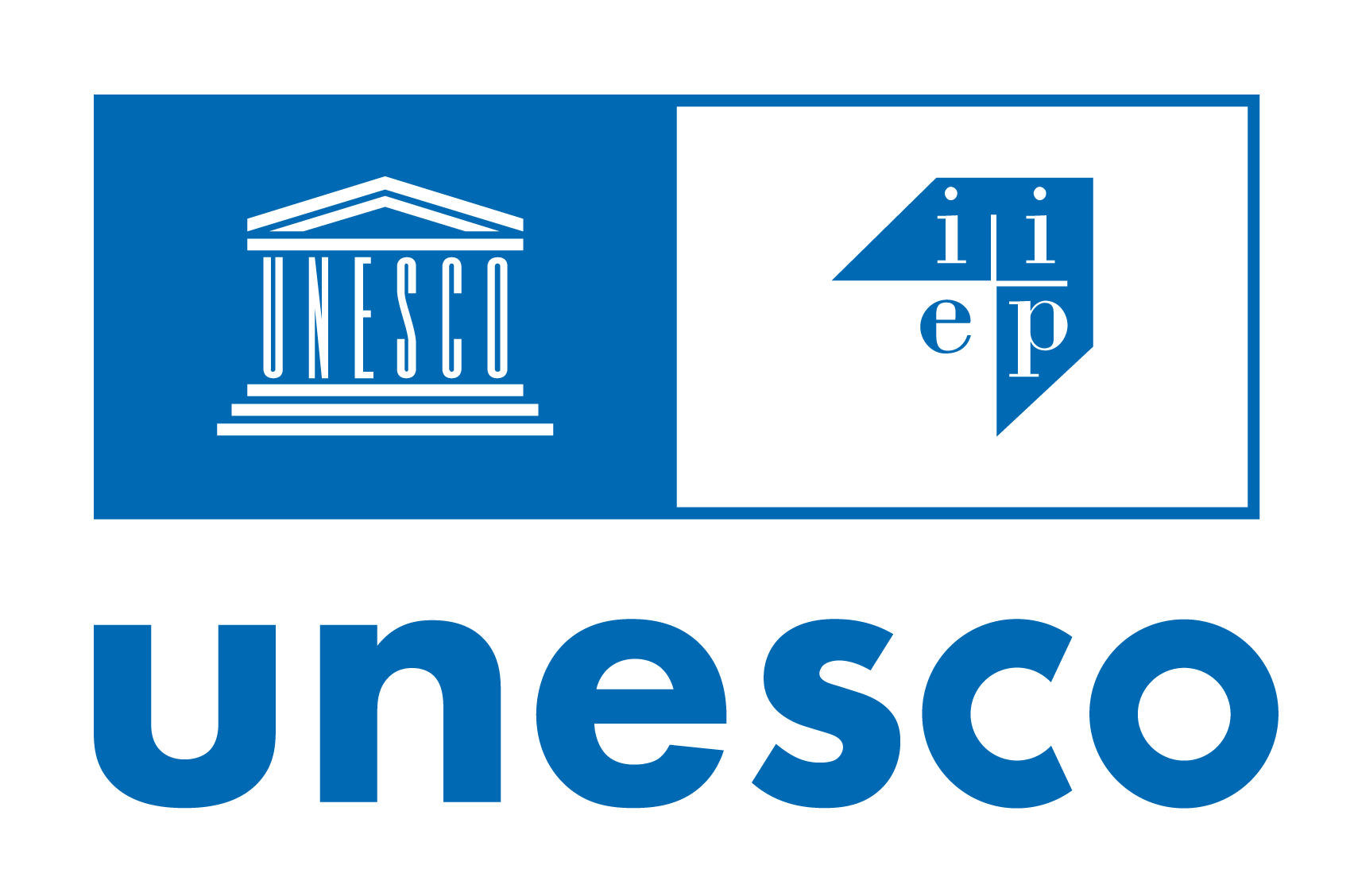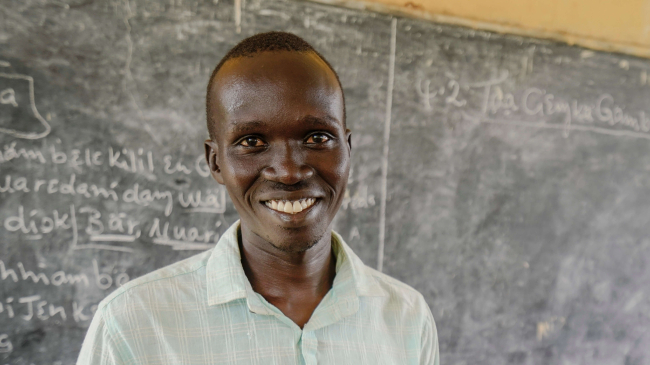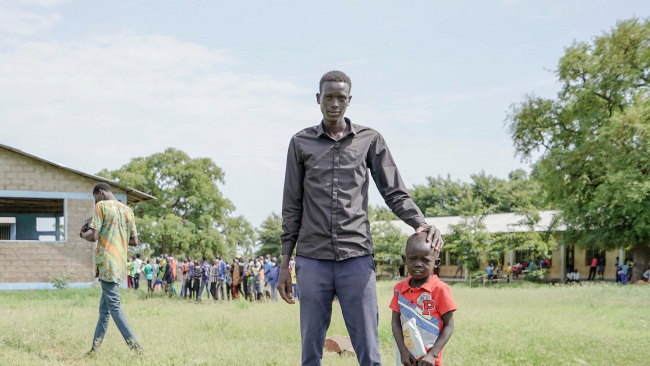Authors:Fabricia Devignes and Jihane Lamouri, IIEP-UNESCO
The Malian education system’s needs and capacities have been significantly affected by multiple crises over the past decade. In 2020, crises have included teacher strikes and the 18 August coup d’état, while the COVID-19 pandemic has led to an interruption in learning for 3.8 million school children since March.
As with other crises, the pandemic has multiplied inequalities, particularly of gender. These include an increase in gender-based violence, due to confinement, and loss of income (a concern even before the health crisis), and an increase in the domestic and care burden on girls (estimated to be 11 times greater than for men in Mali), which limits their participation in distance learning initiatives. Moreover, many students, particularly those from rural areas or displaced as a result of insecurity, lack the means to follow distance learning courses. To date, the UN has recorded 387 cases of early marriage of female students in Mali in 2020, compared to 178 in 2018, and these figures are almost certainly underestimated. Boys are also at risk: between January and June 2020, more than 190 cases of enlistment by armed groups and forces were recorded.
Given the potential importance for equality of crisis response strategies, this article pays attention to the role of gender equality actors in the management of the COVID-19 crisis. Despite numerous global and national commitments to gender-inclusive health governance, the crisis followed the usual pattern: out of 115 COVID-19 expert and decision-making groups identified in 87 countries, only 3.5 per cent have equal gender representation, while 85 per cent are predominantly male (Van Daalen, Bajnoczki, Chowdhury, et al. 2020. ‘Symptoms of a broken system: the gender gaps in COVID-19 decision-making’. BMJ Global Health 5).
Within the Malian Ministry of Education, members of the Sectoral Gender Institutionalization Committee, which coordinates the implementation of the National Gender Policy, told IIEP gender experts about their involvement in crisis management.
Mali's COVID-19 response plan in the field of education has included measures to reduce girls' vulnerability, such as disseminating information on sexual and reproductive health and the risk of early marriage and pregnancy, as part of lifelong learning, and distributing menstrual health products.
Although gender equality is integrated into the COVID-19 response plan, unfortunately the internal consultation process was insufficiently inclusive, which prevented making gender a central priority. While some committee members may have been involved in the drafting process, none were mobilized in the implementation and monitoring (M&E) of the plan. The M&E framework includes the usual examination results and statistics on pupil progress, but pays no attention to such data as school dropouts due to the health crisis, which might have shed light on the gendered impacts on learners. Although some members of the committee were involved in the design process, the implementation and monitoring of the response paralleled the global trend, lacking consultation with gender equality actors, and women in particular.
According to committee members, the lack of inclusion and participation of gender equality actors in the definition of priorities can be explained by both cyclical and structural factors − to other crises and competing priorities in a context of limited resources. This could be mitigated by increased political will, prioritization of gender-sensitive education policies, and a collective understanding and ownership of gender issues, which are still too often restricted to questions of girls' schooling. In order to make progress on the gender issue, the committee members are persevering and redoubling their efforts and, when information reaches them, reaching out to the technical departments that are developing or implementing strategies to respond to the health crisis, in order to make their contribution.
In conflict situations such as in that in Mali, COVID-19 becomes a multidimensional crisis that is exacerbated by insecurity, political instability, governance issues, and already fragile health and education systems. Even more than elsewhere, the participation of gender planners and experts should be considered a central pillar of an inclusive crisis response.
The COVID-19 pandemic has caused an unprecedented disruption to education. At its peak in April 2020, more than 1.5 billion students were affected by school closures −over 90 per cent of the world’s children and youth. The pandemic has the potential to roll back substantial gains made on girls’ education in the last two decades, where the number of out of school girls has decreased by 79 million. UNESCO estimates that more than 11 million girls − from pre-primary to tertiary education − are at risk of not returning to school this year, linked to economic hardships, increased exposure to early and forced marriage, early and unintended pregnancy, and gender-based violence, among other factors. This is why UNESCO and members of the Global Coalition for Education have launched a multilingual #LearningNeverStops campaign, calling for girls’ continuity of learning and safe return to school. The campaign has already reached more than 360 million people since its launch in August and includes campaign website, social media materials, videos, and toolkits for youth advocacy and community radios. An accompanying Girls' Back to School Guide also supports education planners to ‘build back equal’ through gender-responsive, resilient education systems that address the key barriers to girls’ education.
Fabricia Devignes is a Senior Education Specialist, leading IIEP’s work on the Gender at the Center Initiative. Jihane Lamouri is a Programme Specialist at IIEP in charge of Gender Sensitive Education planning.
This project is made possible through a partnership with the Education Above All Foundation’s Protecting Education in Insecurity and Conflict programme (EAA–PEIC).
See more
- Back to school with distance learning
- Flexible admission to higher education under COVID-19: What can the past teach us about the future?
- Cities and education during COVID-19: What are the takeaways?
- Planning for education continuity and recovery: Lessons from a review of national COVID-19 education response plans
- The impact of COVID-19 on refugees: Focus on Ethiopia




